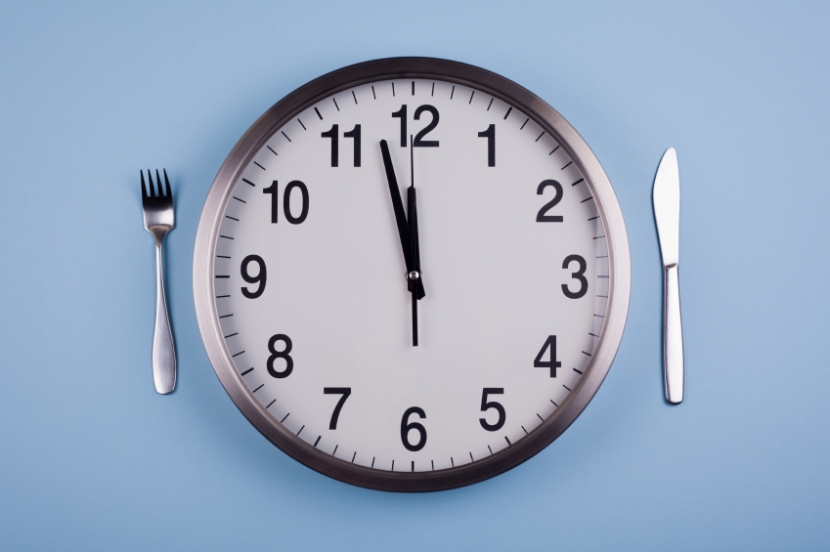Tagged: school
You Really Need To Sleep!
Three years ago I presented the following post and as school has started back up (or is about to) for a large majority of us here in the U.S., I thought it would be beneficial to remind everyone just how important sleep really is.
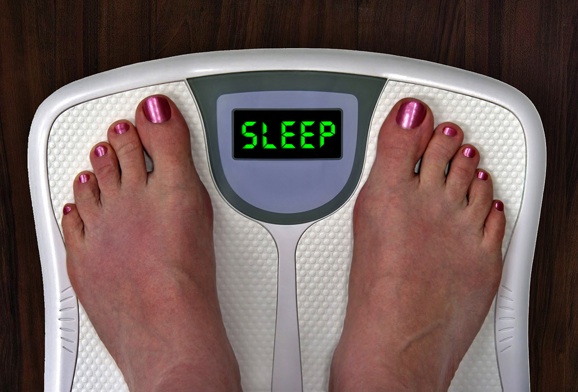
What I didn’t address before was how important sleep is for children/teenagers. If your school-aged child has to start school at 7:30 or earlier, it is imperative that you guide them to getting to sleep as early as possible. Current studies show the detrimental ramifications of too little sleep for children ages 5-17, with issues ranging from lack of concentration, depression, increase in body fat, and mood swings.
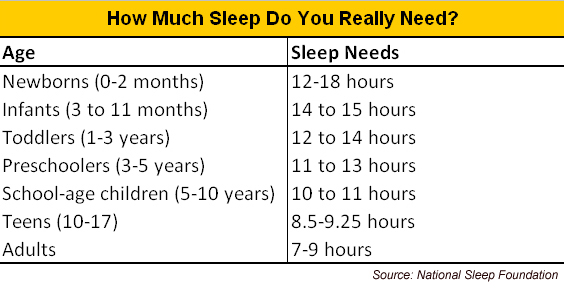
It is up to us parents to enforce earlier bed times especially when transitioning from summer break back to school hours. If your child has trouble winding down, take away their electronics as they have been proven to be stimulants instead of relaxers, and encourage reading quietly in bed until they fall asleep, etc. It only takes a firm commitment for a week or two until the new routine is firmly in place.
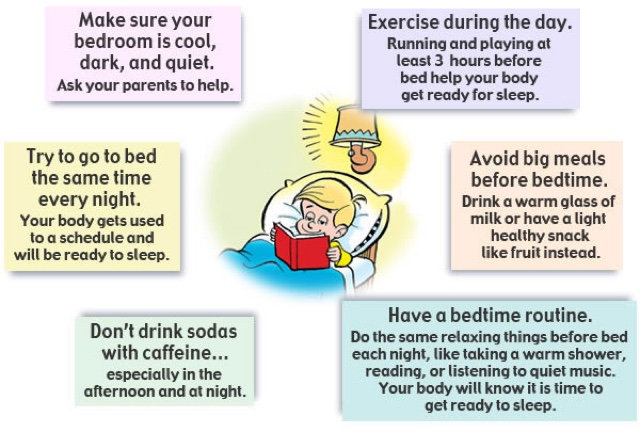
Now for the rest of you, read (or re-read) this former post and then get some sleep!
* * * * *
It’s a well-known fact to those of us in the fitness profession that sleep is a key element in achievement of one’s fitness goals to lose fat (lose weight as most of you refer to it). Unfortunately, this fact is little acknowledged, not to mention followed, by most people. Sleep is a commodity in our fast-paced, over-worked, over-committed society. While many of is can function quite well with little sleep (especially you Moms), the detrimental effects are huge, yet hugely ignored.
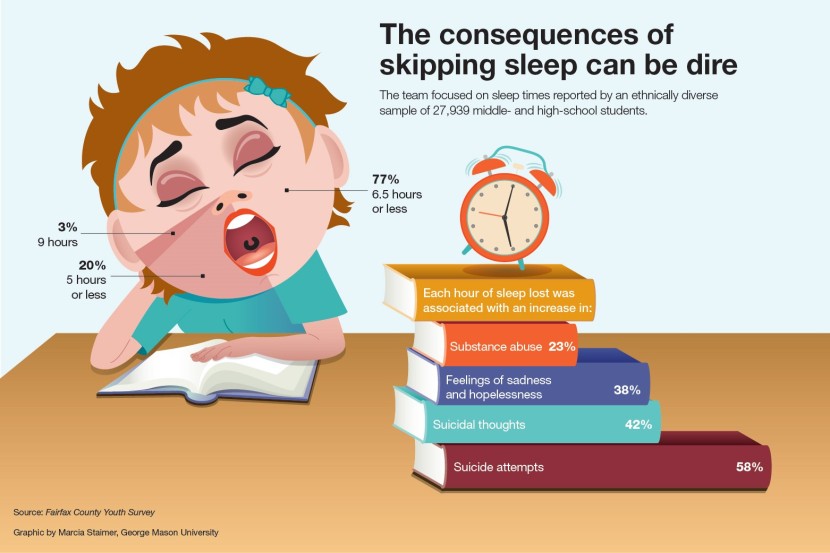
With too little sleep comes a myriad of issues ranging from depression, elevated stress levels on organs, higher blood pressure, higher risk of type 2 diabetes, reduced sex drive, inability to concentrate, deteriorated memory, etc. But the biggie is obesity. According to studies by medical professionals, people who sleep less than six hours a day were almost 30% more likely to become obese than those who slept seven to nine hours. Research has shown a direct link between sleep and the peptides that our brain stimulates to regulate appetite. Not only does sleep loss appear to stimulate appetite, it also stimulates cravings for high-fat, high-carbohydrate foods, especially at night when the body is less likely to burn those calories.
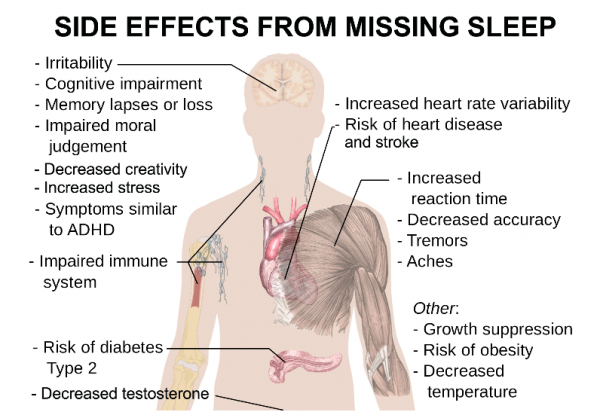
There is also a vicious cycle that occurs in the many obese people who suffer from sleep apnea. Even if they allow enough time to sleep, their sleep is disrupted multiple times each night which results in less quality sleep time. Thus their bodies retain more fat, increasing the sleep apnea, and the cycle continues until they are on assisted breathing devices. I have a hard time convincing clients that if they follow my recommended course of exercise, healthy consistent nutrition, and proper sleep habits, they could find themselves off the breathing mask within months (and in many cases off their high blood pressure meds too)!
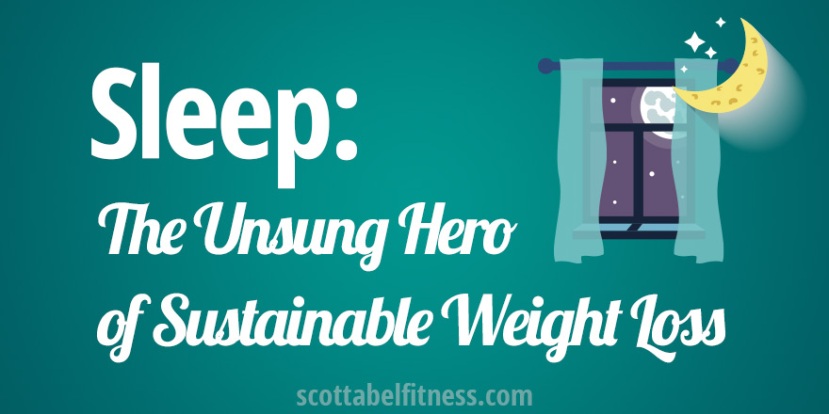
So here are a few tips that can help improve the increase amount of time you sleep:
Prioritize: Make sleep as important as all the other responsibilities you have in your life. Schedule at least 8 hours of sleep just like you schedule everything else from getting to work on time to getting to the gym (you do schedule your gym time too, right?). For children you really need to do the math and get them tucked in early enough to balance out when they have to get up (see chart below).
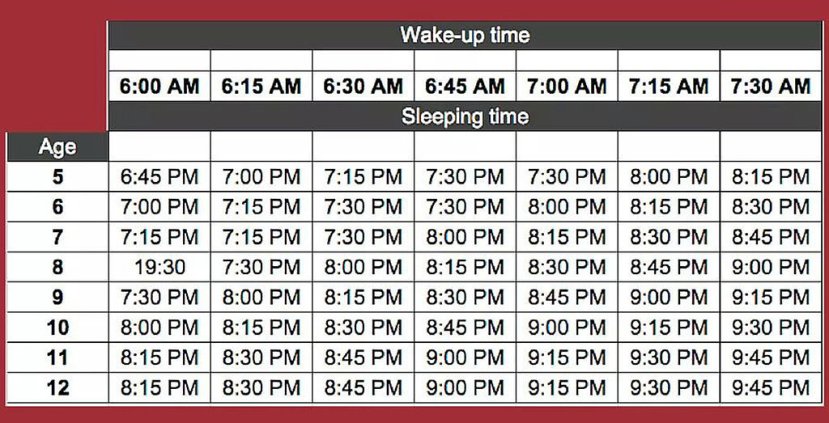
Decompress: Many of us need a little while to decompress before we can fall asleep. Schedule about 30-minutes prior to when you want to fall asleep and do some yoga-like stretches, read a book, watch TV (as long as the show is not too dramatic or stimulating), or journaling (as noted below).

Journaling: If you’re like me, sometimes the issue with falling asleep (or staying asleep) is an over-active brain, sorting and re-sorting tasks needing to be dealt with. If you spend a few minutes prior to sleep writing down the issues weighting on you, or Journaling about your day and feelings, the brain will relax and sleep will be easier.

Time your Nutrition: You mustn’t got to bed hungry, but conversely, you need to not have just eaten a meal. Make sure your last meal/snack is at least one hour prior, but not more than two hours before bedtime.
